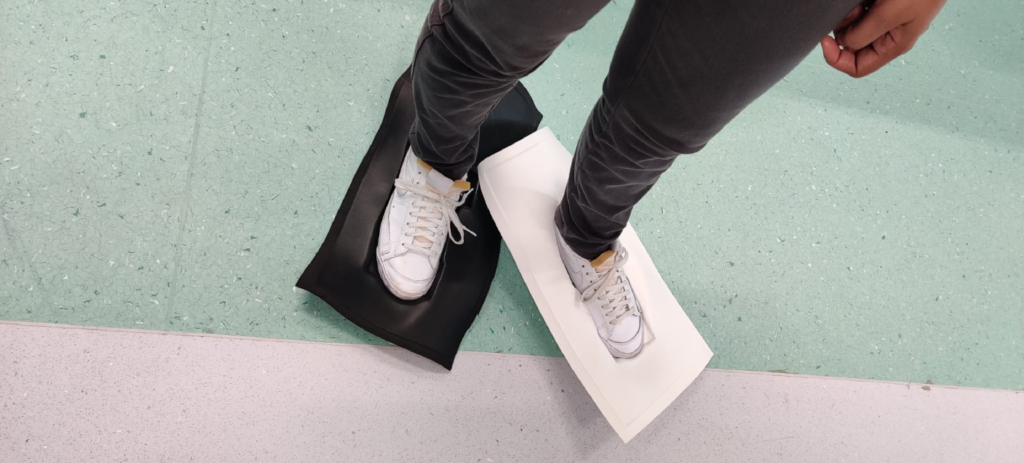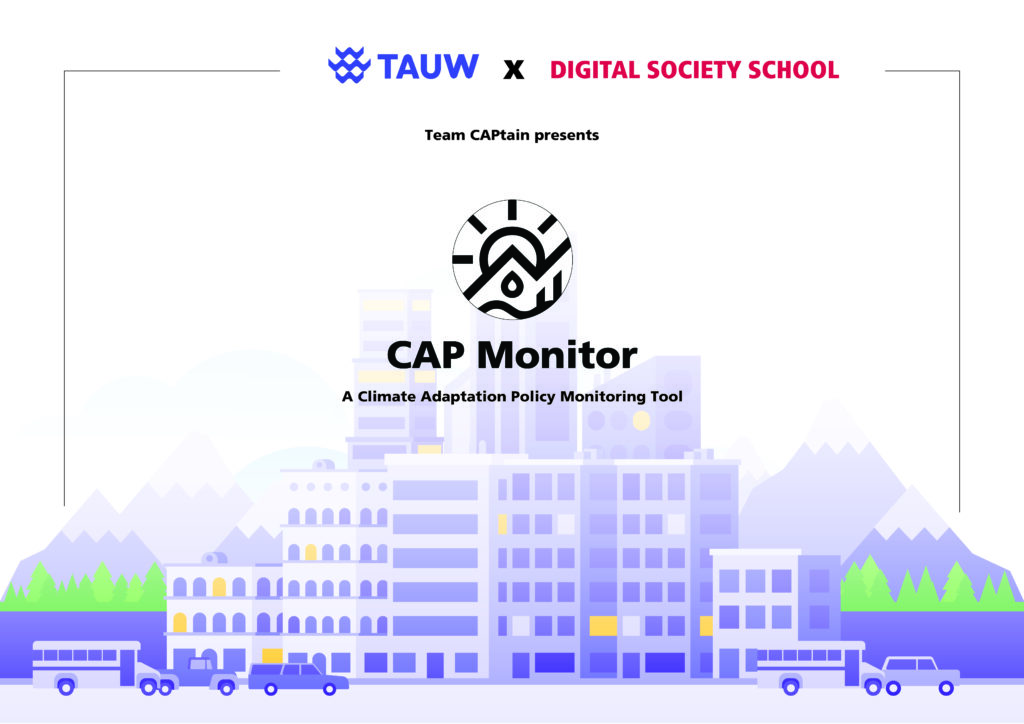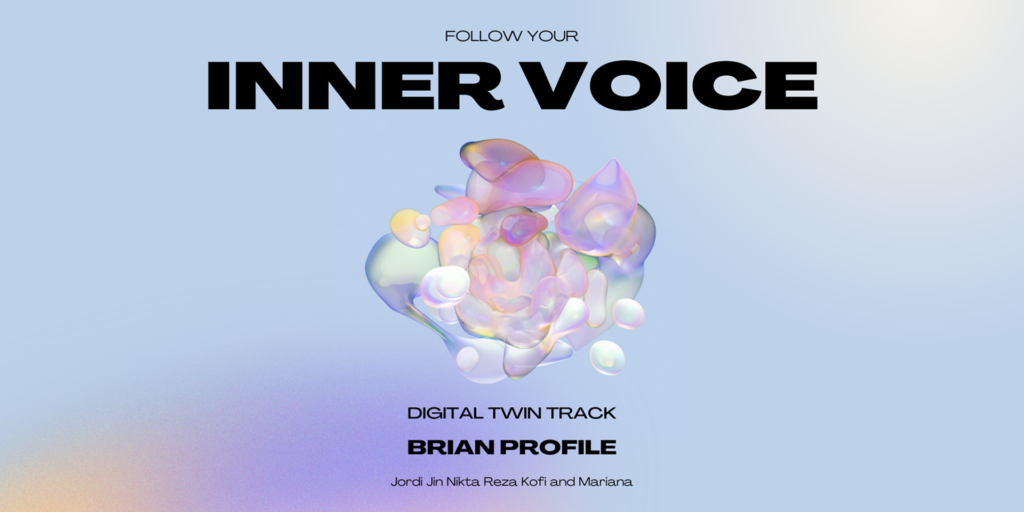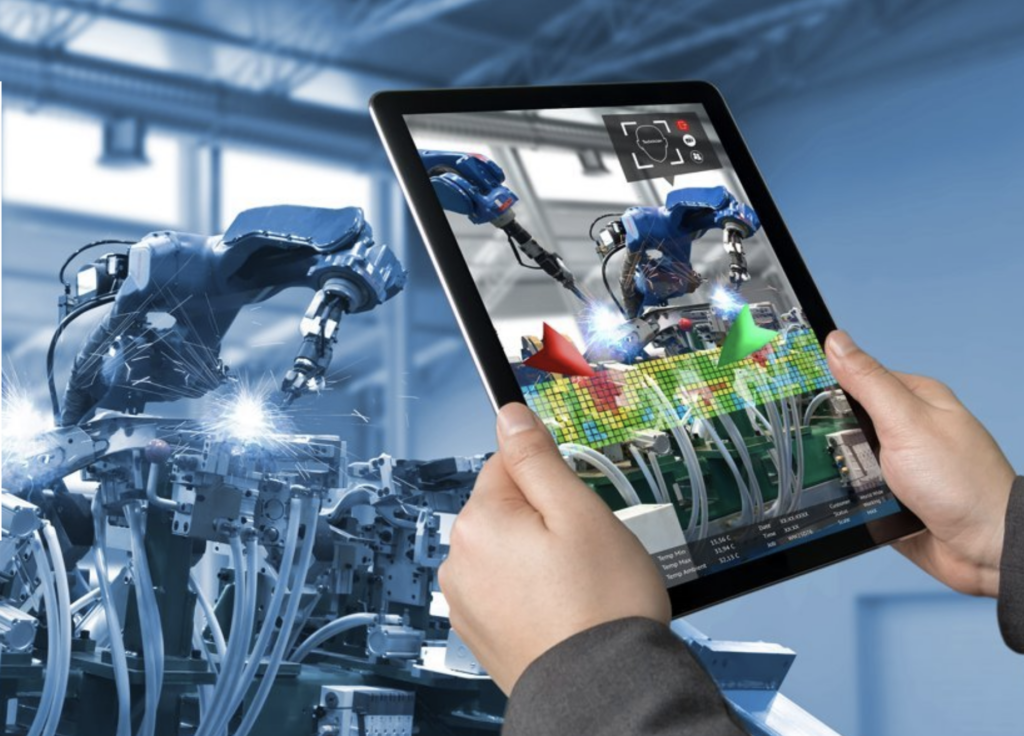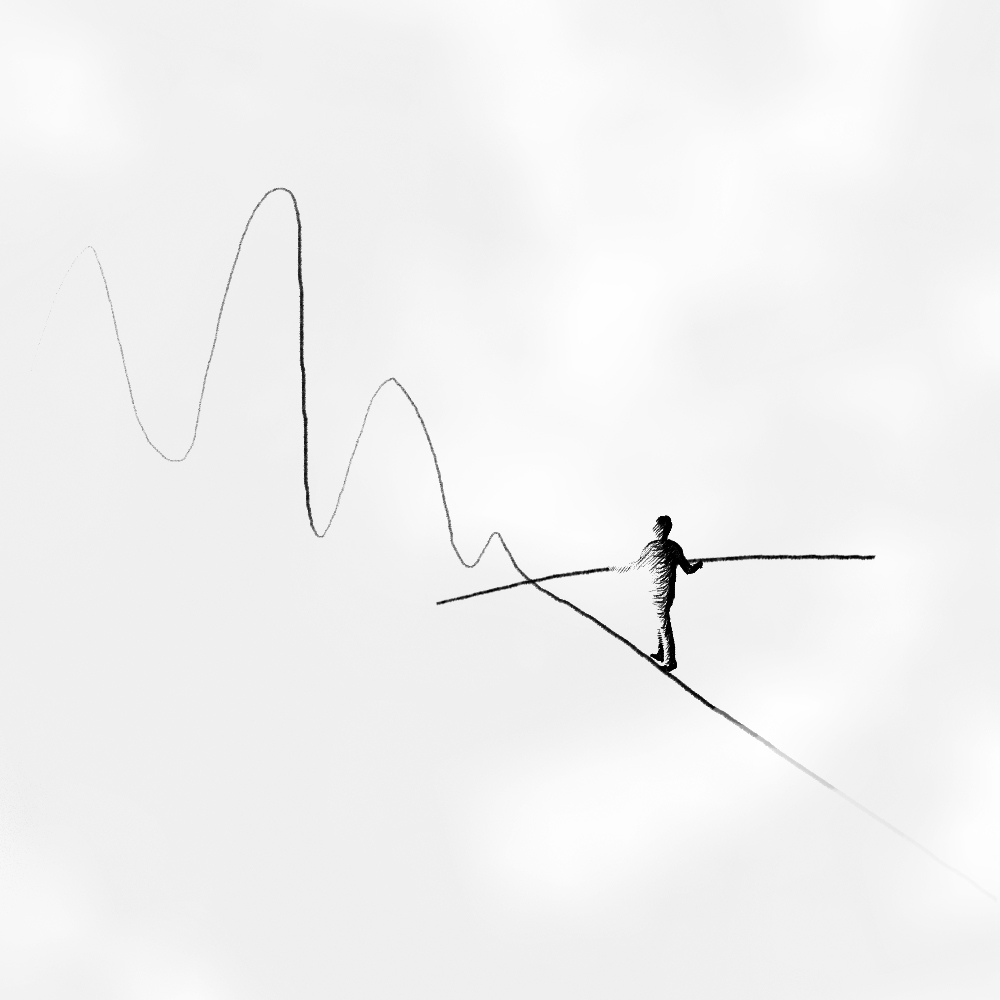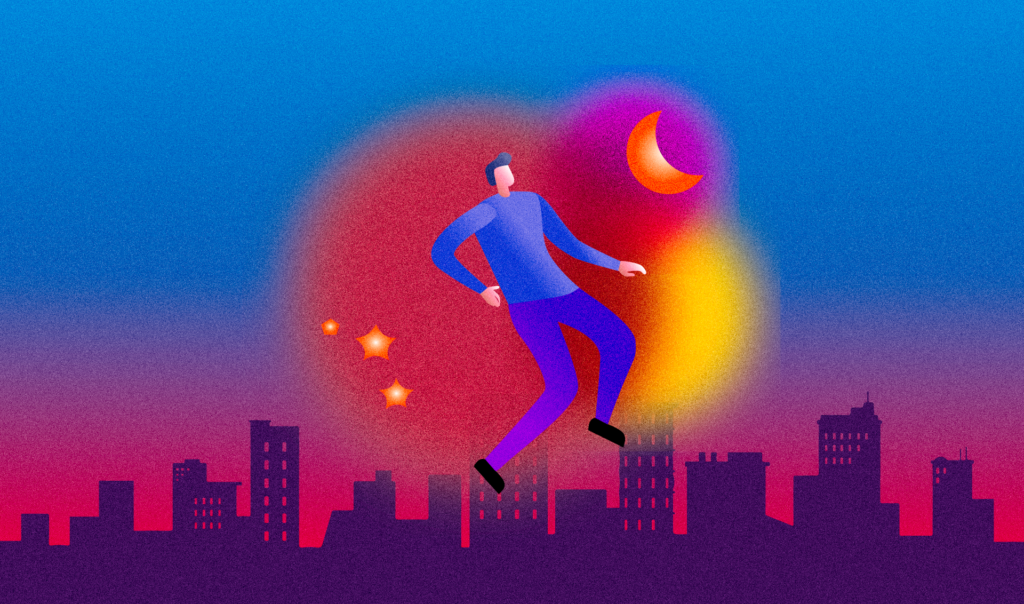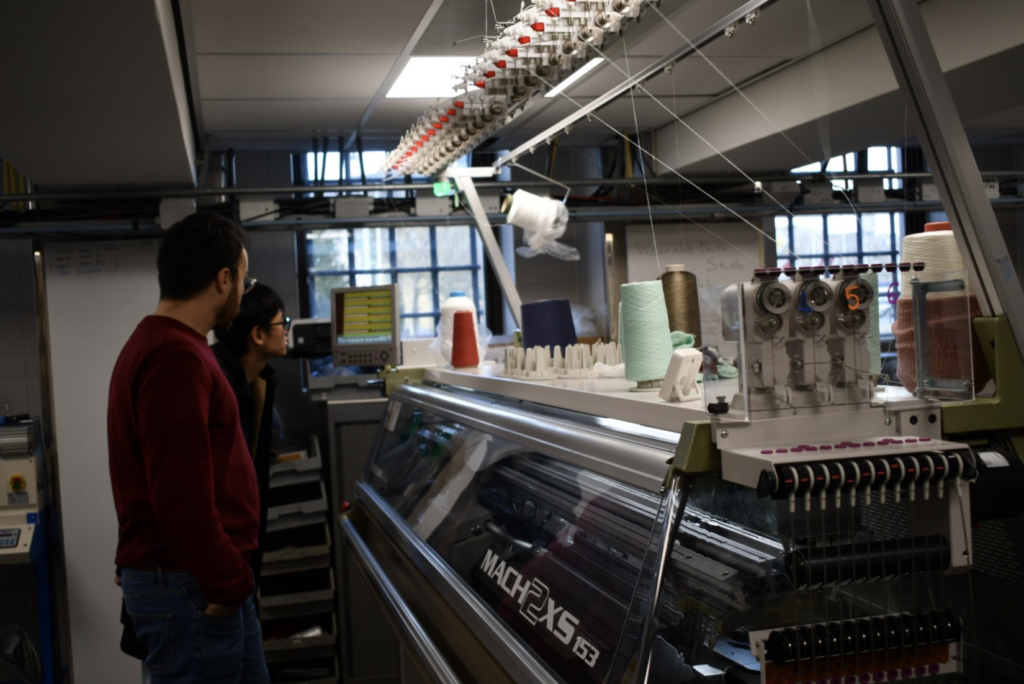Track
Digital Twin
The idea of a digital twin, a virtual representation of an object, a person or a process, is not new. But the application of advanced big data analytics and AI might turn it into a truly disruptive technology. What happens when digital twins are linked to the real world, real people, real processes, real time for monitoring and control? Who will be using this technology and for what purposes?
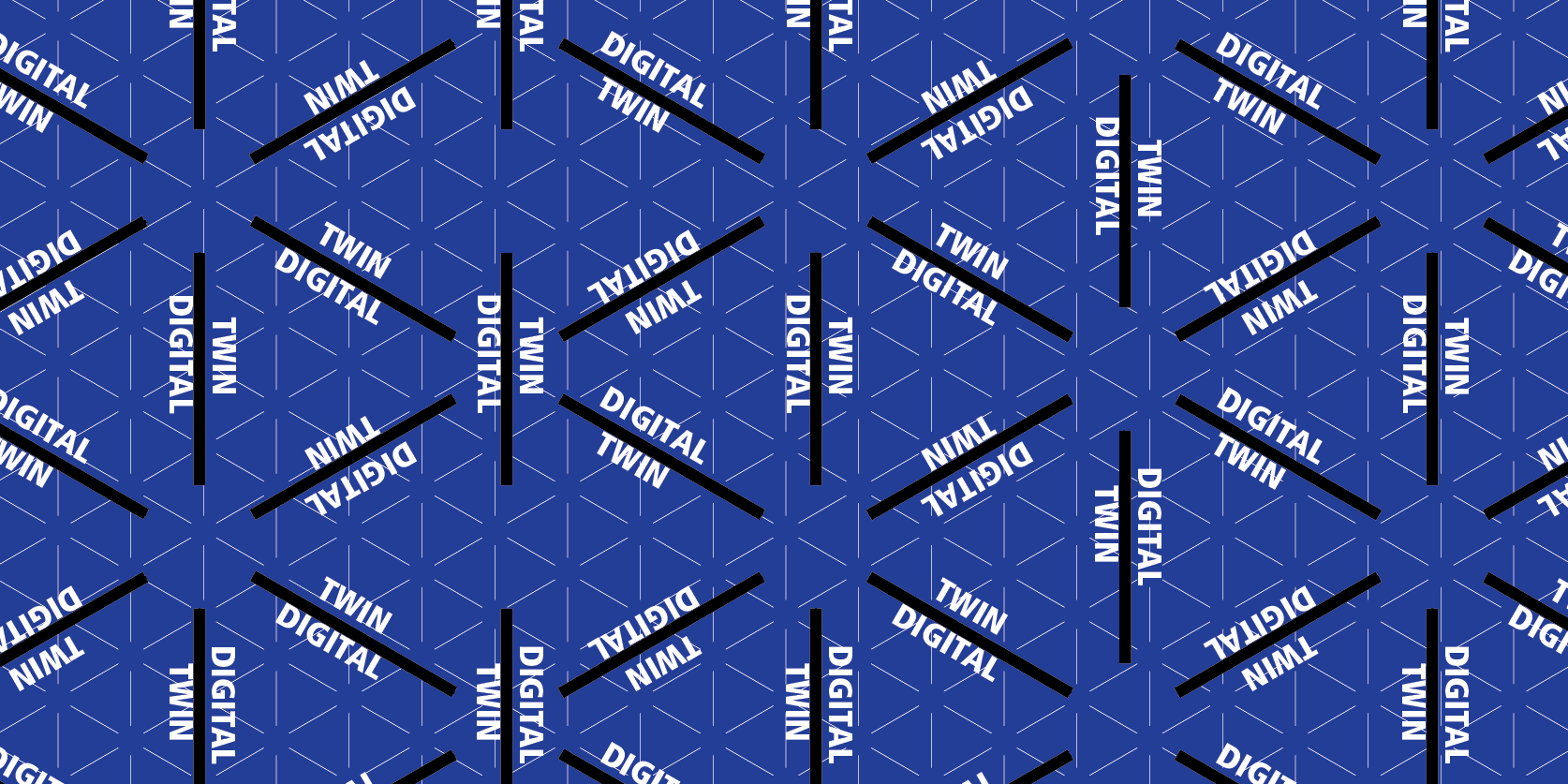
Track Team
What do we work on?
The representative and predictive powers of digital twins will be huge, and will have ethical implications. Trend reports and consultancy firms are listing Digital Twin as a key strategic technology trend. Whilst tech companies, and the healthcare industry are heavily investing in these new trends, there is still limited attention from academic and applied universities. At Digital Society School, we are always exploring how new trends in tech and society can contribute to a sustainable and inclusive society.
In the Digital Twin track we will experiment with designers, developers, artists, engineers and philosophers how Digital Twins can support us to reach the UN sustainable development goals by 2030.
From 2020-2023, we will work in interdisciplinary teams to design the near future. We use speculative design approaches and an iterative design process. Together with business partners, universities and governments we will co-create in projects and build prototypes and proof of concepts which help us to paint a picture how digital twin technology will affect our lives and the world we live in. We train organizations and professionals from Healthcare, Life Sciences, Energy Transition, Media, and Education to use the expertise of digital twins, to lead and design the transformation to as sustainable and inclusive digital society.
Running Projects Challenges we are solving now
Past Projects What we've worked on
Insights Our musings
-

Insight
Discovering the problem: Heat resistant city and Home owners
-
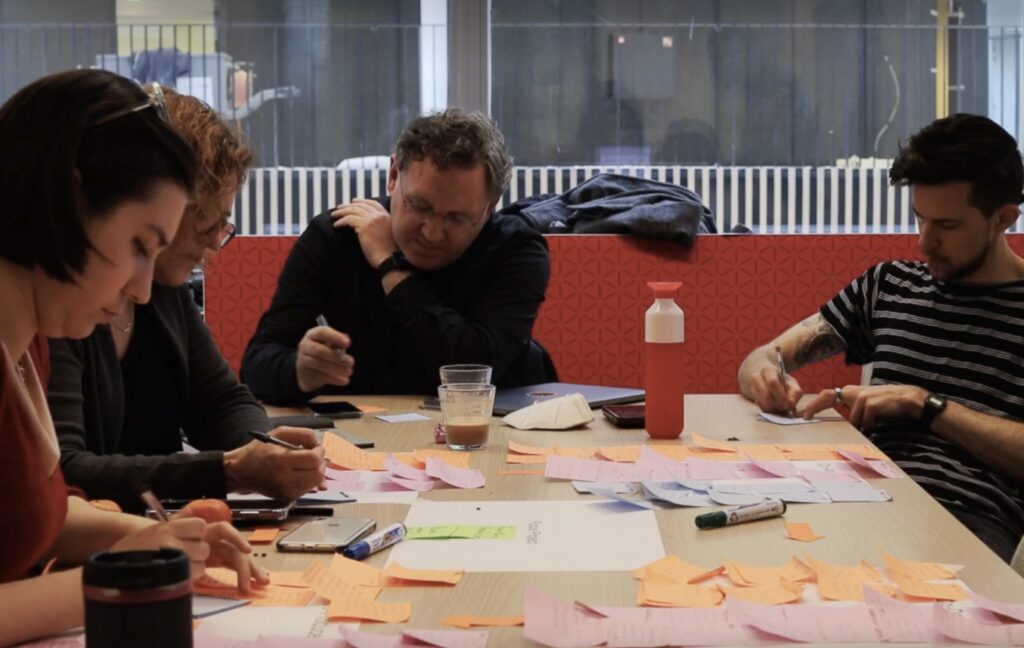
Insight
A New Way to Think About Fashion as a Service (FaaS)
-
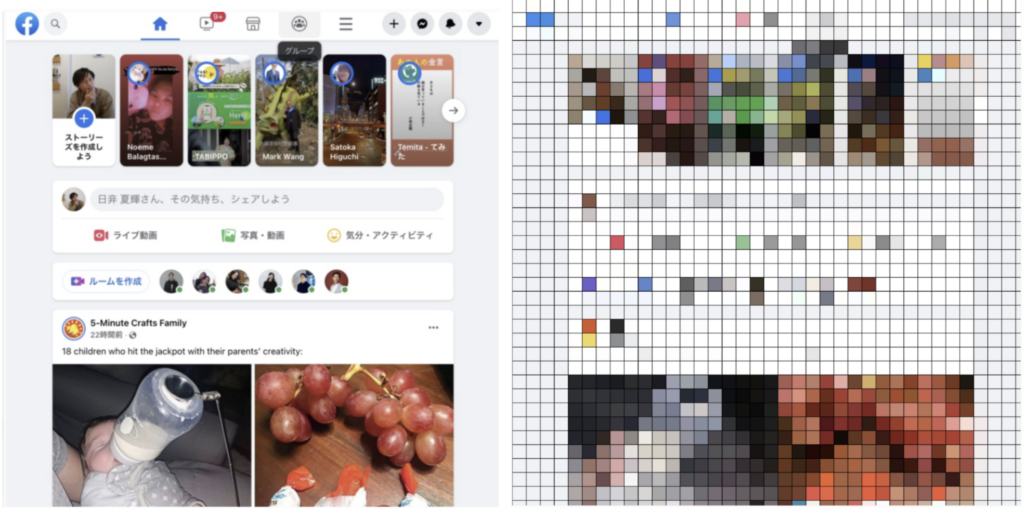
Insight
Is there anyone who reads the “Terms and Conditions”?
-
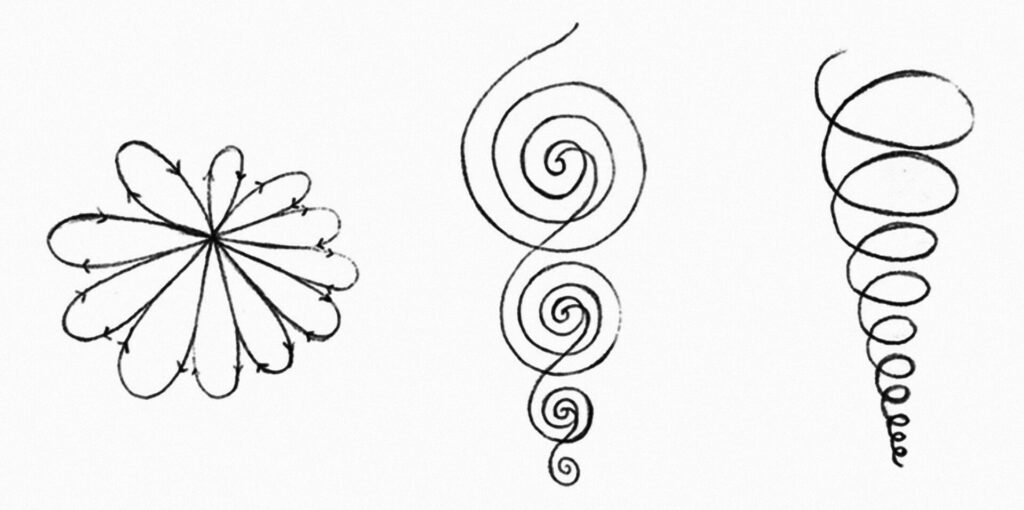
Insight
Designing for Autonomy, Part 2: Digital Twins as a Medium for Reflexivity
-
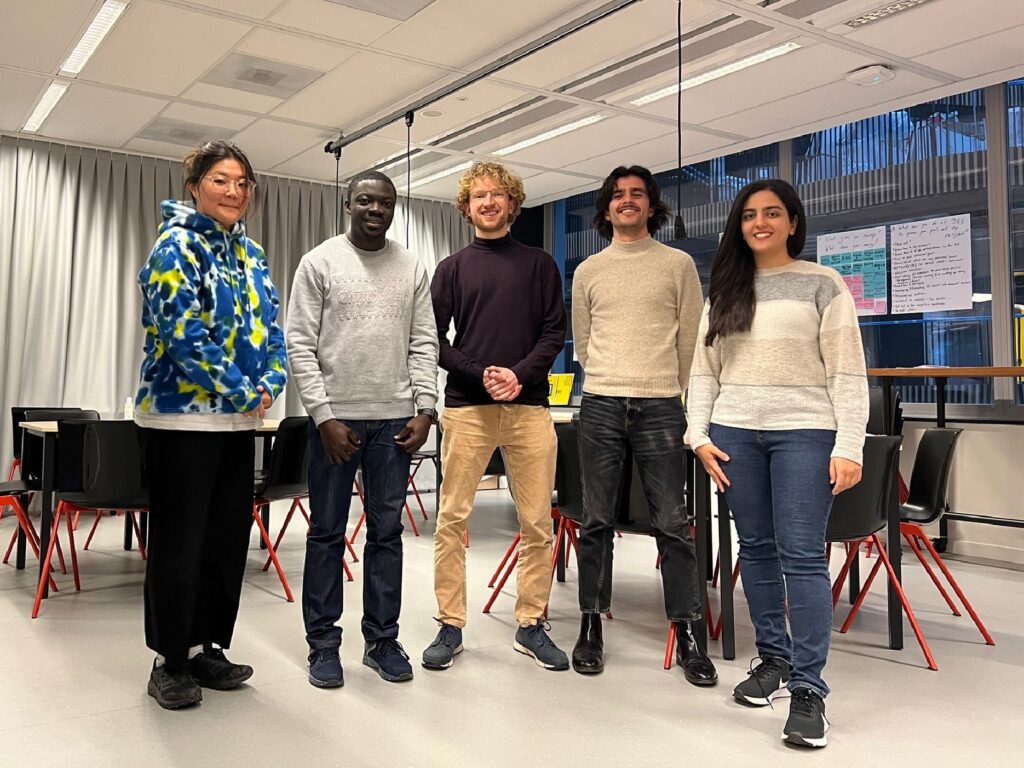
Article
Designing for Autonomy, Part 1: A Conversation with Jelger Kroese
-
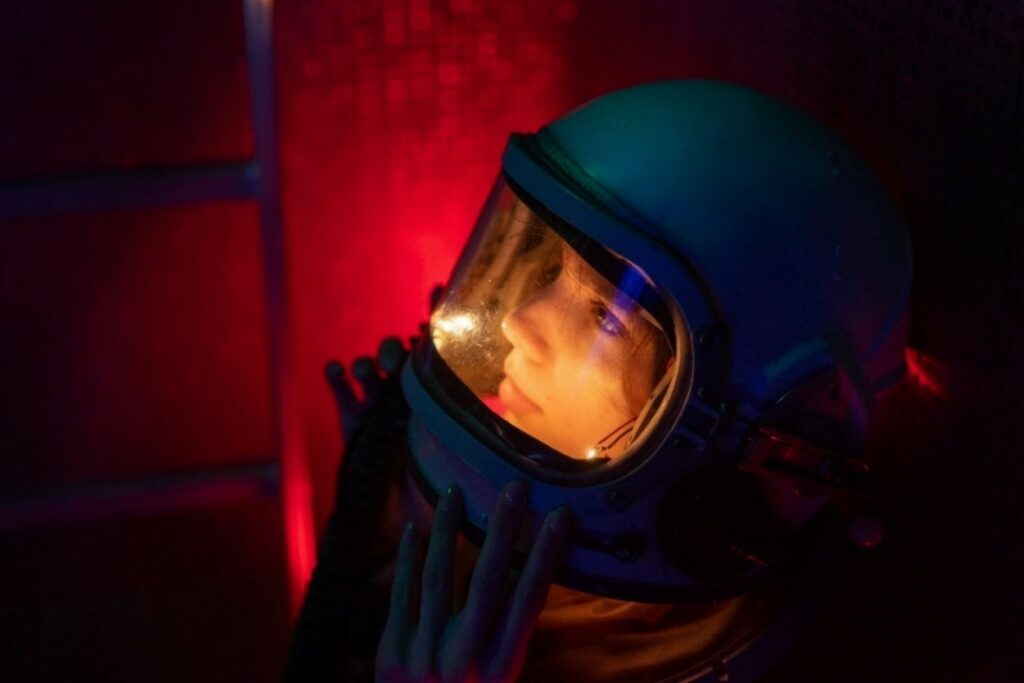
Insight
“I visited space and there is no Planet Edmunds”
-
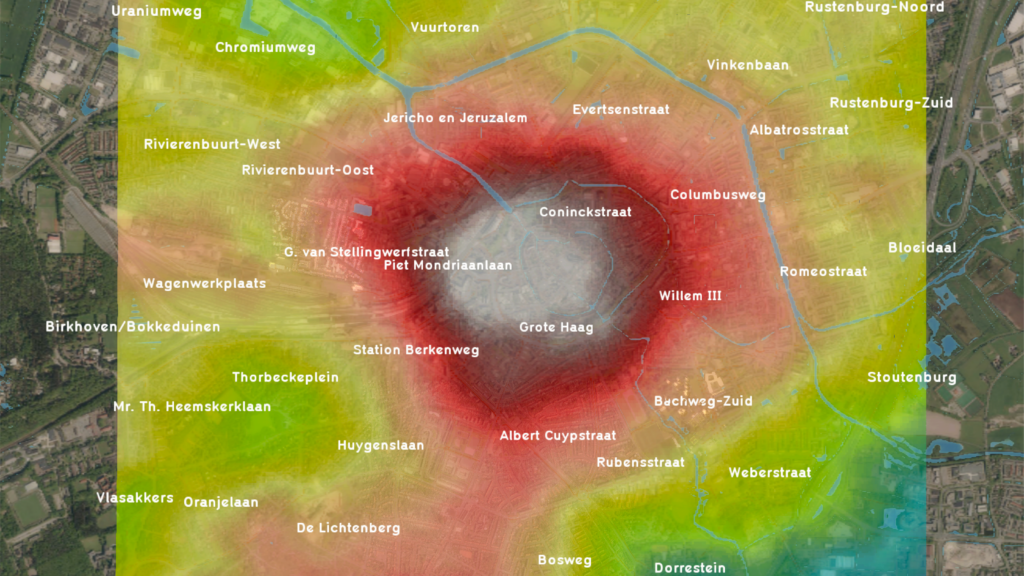
Insight
Digital Twin Technology to explore the concept of Heat Resistant Cities
-
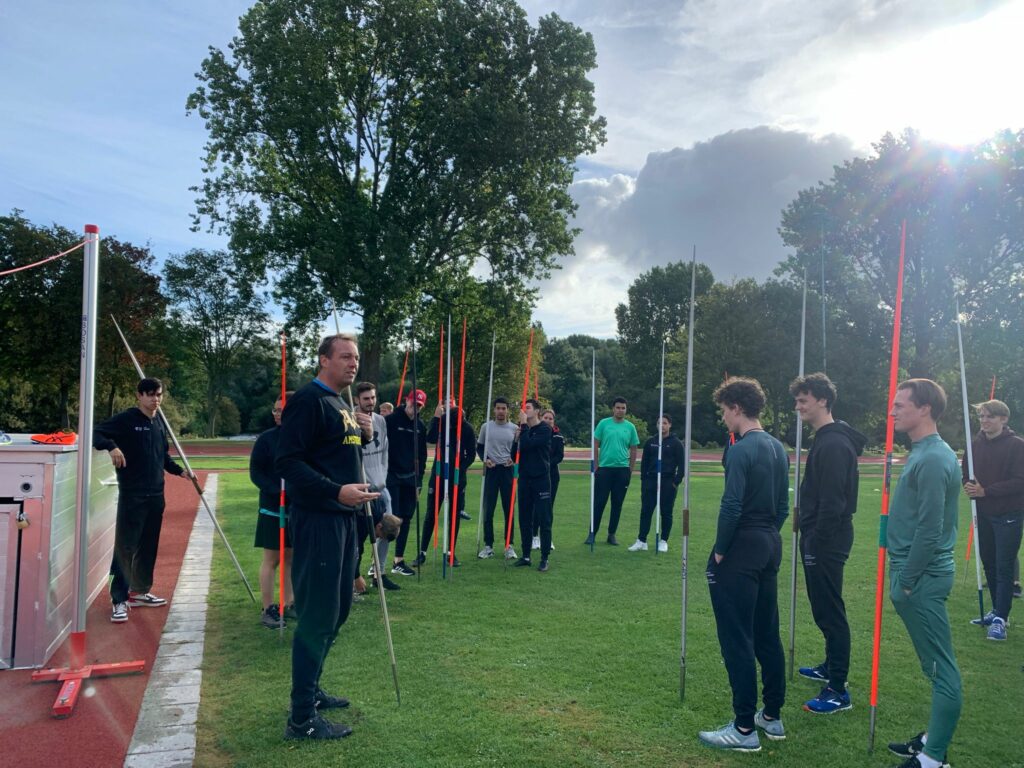
Insight
A deep dive deep into sport student’s lives
-
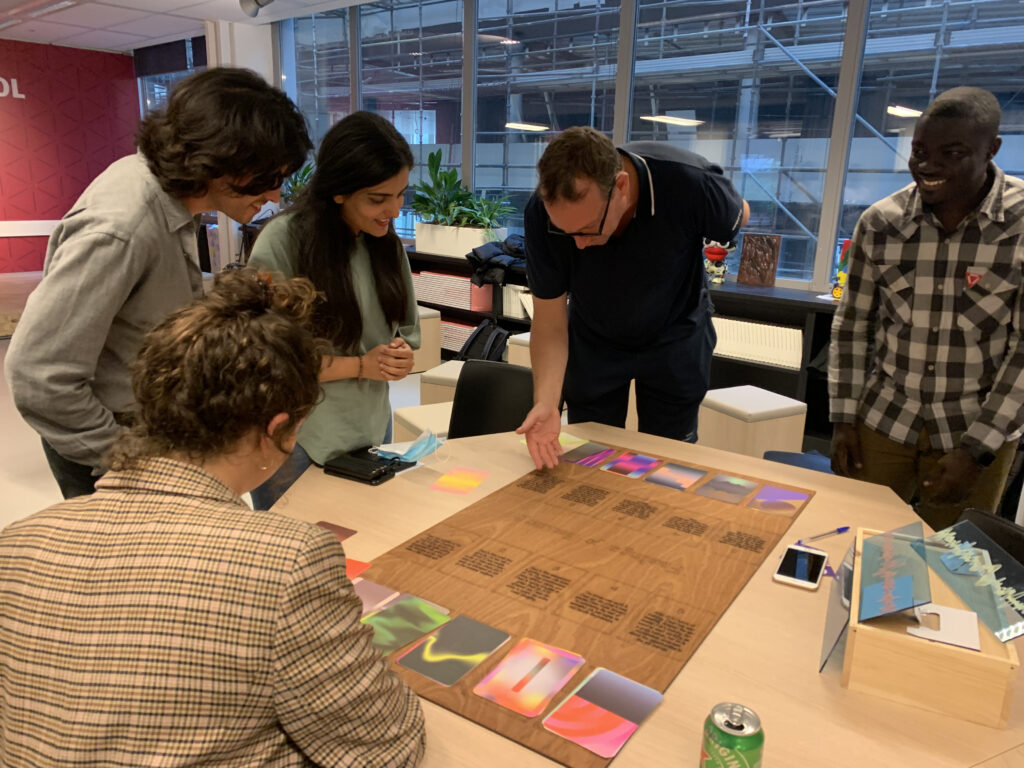
Insight
Digital twins to support student journeys
-
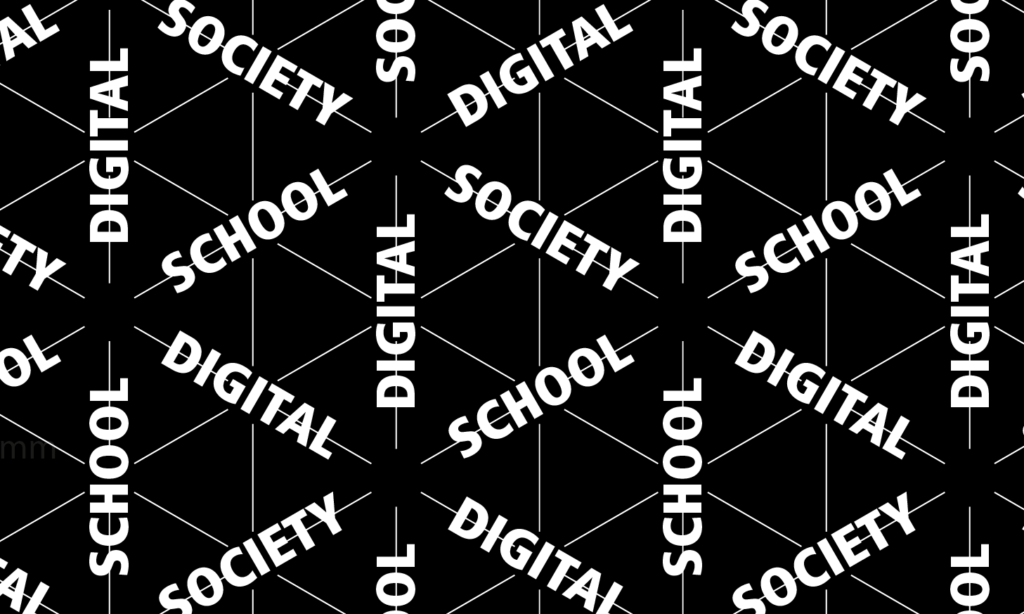
Insight
Exploring the role of emotions toward balance and well-being: The Maker’s Sprint at the DSS
-

Insight
Promoting athlete’s well-being through creating daily routines
-
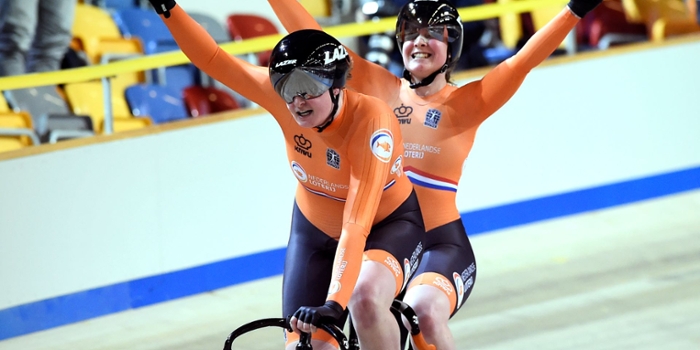
Article
Can a digital copy help paralympic athletes win gold?
Join our 20-week Traineeship
Joining the Digital Society School will open up a world of opportunities. You’ll be part of a vibrant interdisciplinary group during a semester and have unique access to a network of experts in the field.
Other Tracks
Design Across Cultures
In this track we design new ways to create meaningful connections between multiple stakeholders to co-create insights, ideas and solutions for the United Nations Sustainable Development Goals. The key question: how can you design for collaboration across contexts, cultures and nations, sustainably, without having to be physically travel across the globe?
Digital to Physical
How does the blend of the digital and physical worlds change our society? In this track we explored topics such as smart spaces and objects, physical cybersecurity, inclusivity and the future of our digital/physical society.
EdTech for Social Change
The EdTech for Social Change track is a connective hub that opens space for partnerships, applied research and projects with industry stakeholders. Together we use technology to boost individual learning, corporate training, and to make learning accessible to vulnerable social groups.
Systems for Sharing
In this track we will work on technical, digital and social systems. We create proof of concepts, prototypes and do applied research to support ’systems for sharing’ in the light of the UN Sustainable Development Goals. We will also train organisations and professionals to adopt a different mindset and be able to stimulate a sharing culture within their work environment or community.
Data Driven Transformation
How can we ensure we marshal data in such a way as to benefit society? We explored the possibilities, considering subjects such as the energy transition, health and experience.
Digital Twin
The idea of a digital twin, a virtual representation of an object, a person or a process, is not new. But the application of advanced big data analytics and AI might turn it into a truly disruptive technology. What happens when digital twins are linked to the real world, real people, real processes, real time for monitoring and control? Who will be using this technology and for what purposes?

